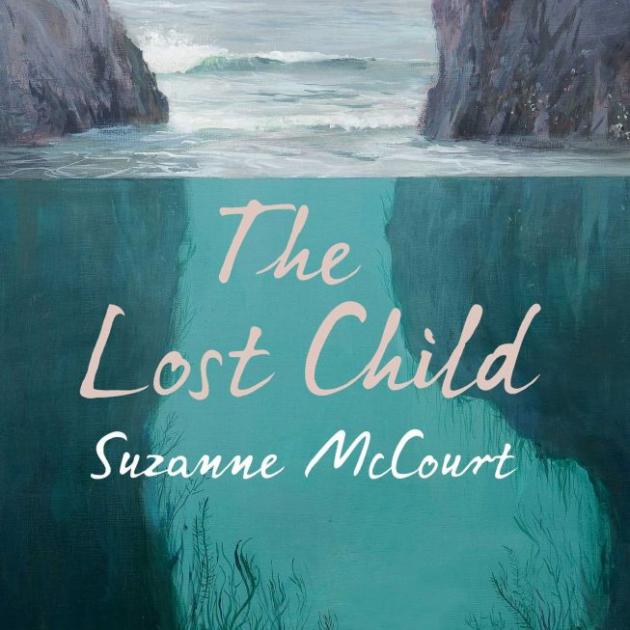
She continues to do this as the child, Sylvie, grows into a young woman. What is particularly striking is the way we are introduced into the sea of pain and unknowing of the people around her that we can all surely respond to. Sylvie's father ignores her, is dismissive of her, and yet she continues to hope and at the same time feels that this must be somehow her fault. When her father takes off with another woman, her mother undergoes a period of major depression. Her much-loved brother first of all leaves to go to school, and then disappears altogether, a final tragedy for this unhappy family.
The story is set in the beautifully evoked setting of rural, small-town Southern Australia. Sylvie loves and gains great solace from the familiar lagoon, trees, and streams of her home, such that in the end this reader could also begin to believe in the very different beauty of our northern neighbour, something she had failed to do before!
While this all may sound rather sad, and it is a haunting story, it also demonstrates the power of the human psyche to overcome past difficulties and find ways to fully live.
- Margaret Bannister is a retired Dunedin psychotherapist and science teacher.


